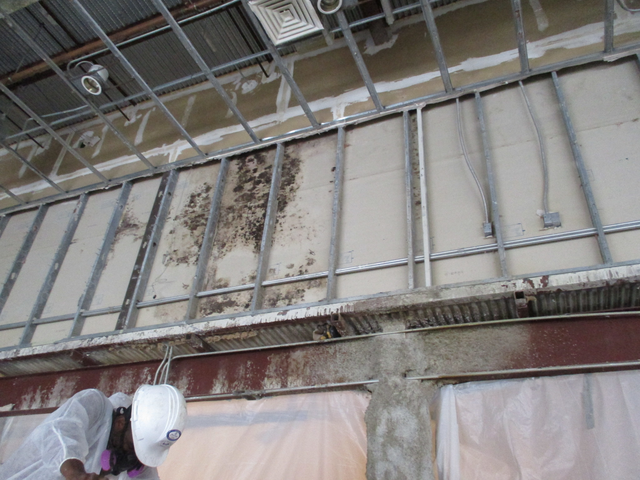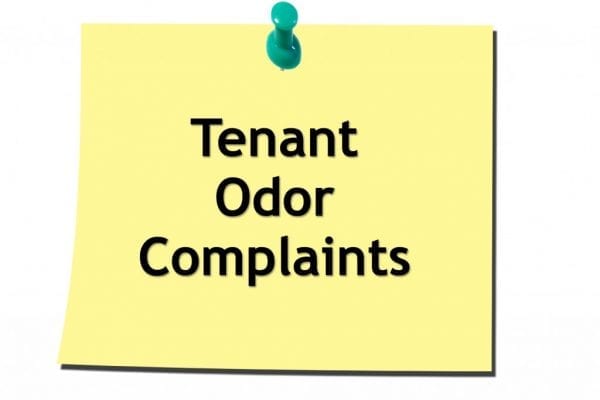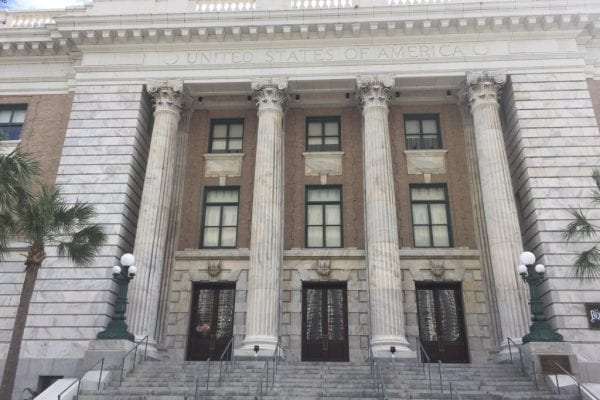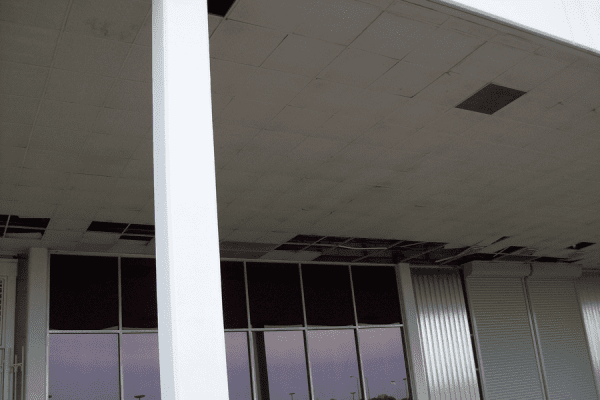Water damage is one of the most frequent causes of insurance claims in the United States. From hurricanes, to flooding, to pipes bursting—in a catastrophe of any scale, water often plays a significant role. Even when fires ravage a building, water is used to put it out. And where there’s water, there may be mold.
For this reason, most catastrophe response teams include a mold expert who can get on site, assess the situation, and create a plan for addressing any mold problems. Unfortunately, not every mold assessor is created equal, and this can cause problems for the contractors or insurance adjusters who hire them. The wrong assessor may miss something critical, design an overly complex remediation plan (or an inadequate one), or miss important steps in assuring regulatory compliance.
Hiring the right assessor, on the other hand, ensures a smooth process, an accurate assessment, and an effective plan that meets regulations. Here’s what to look for.
1. A Local and Regional Presence
This one almost goes without saying—after all, you know you need the team to be on site ASAP when there’s an incident, and a local presence makes that possible. However, note that it’s also valuable for your assessor to maintain a wider regional presence, for those cases when a catastrophe is widespread. An assessor with only a local office may be affected by the same catastrophe your client is, making them unavailable right when you need them. An assessor with a regional presence, however, can bring in resources from an unaffected area and be on site in time to prevent unnecessary expansion of the problem.
2. A Proven Track Record
Mold assessors in the wake of a storm are like mushrooms after a rain—they pop up everywhere. Make sure the one you select can demonstrate experience working on projects similar to yours, and has a track record of quickly and accurately assessing problems and designing an effective remediation program. In the commercial space, it’s especially important to know that your mold assessor understands the unique design characteristics of commercial buildings.
3. Regulatory Compliance
Some states do not have state-specific legislation for mold assessors in place, while others—Florida and Texas, for instance—do. In Florida, assessors and remediators must be licensed by the Department of Business and Professional Regulation, possess a state-issued mold assessor or remediator license, meet specific additional guidelines, carry adequate insurance coverage, and remain current with continuing education.
4. Investment in Continuing Education
Mold assessment and abatement approaches, technologies, and codes are constantly changing. Staying up to date on the latest, while refreshing knowledge of the basics, is critical to an assessor’s ability to effectively serve clients. Expect your mold assessor to stay current with at least 14 hours of continuing education every two years.
5. Adequate Insurance
Even if it’s not required by your state, you want to make sure your assessor is covered in the event of mistakes or accidents. Expect them to maintain general liability and errors and omissions insurance coverage for both preliminary and post-remediation mold assessment, in the amount of at least $1 million.
GLE Fits the Bill
GLE has been successfully performing Mold Assessment services, from assessment to the design of remediation, for over 26 years. We have teams and offices located across the Southeast, a proven track record, and we are leaders in providing continuing education. Contact our team today to find out how we can serve your team.






